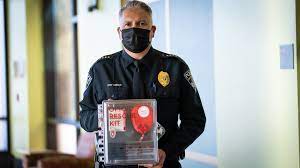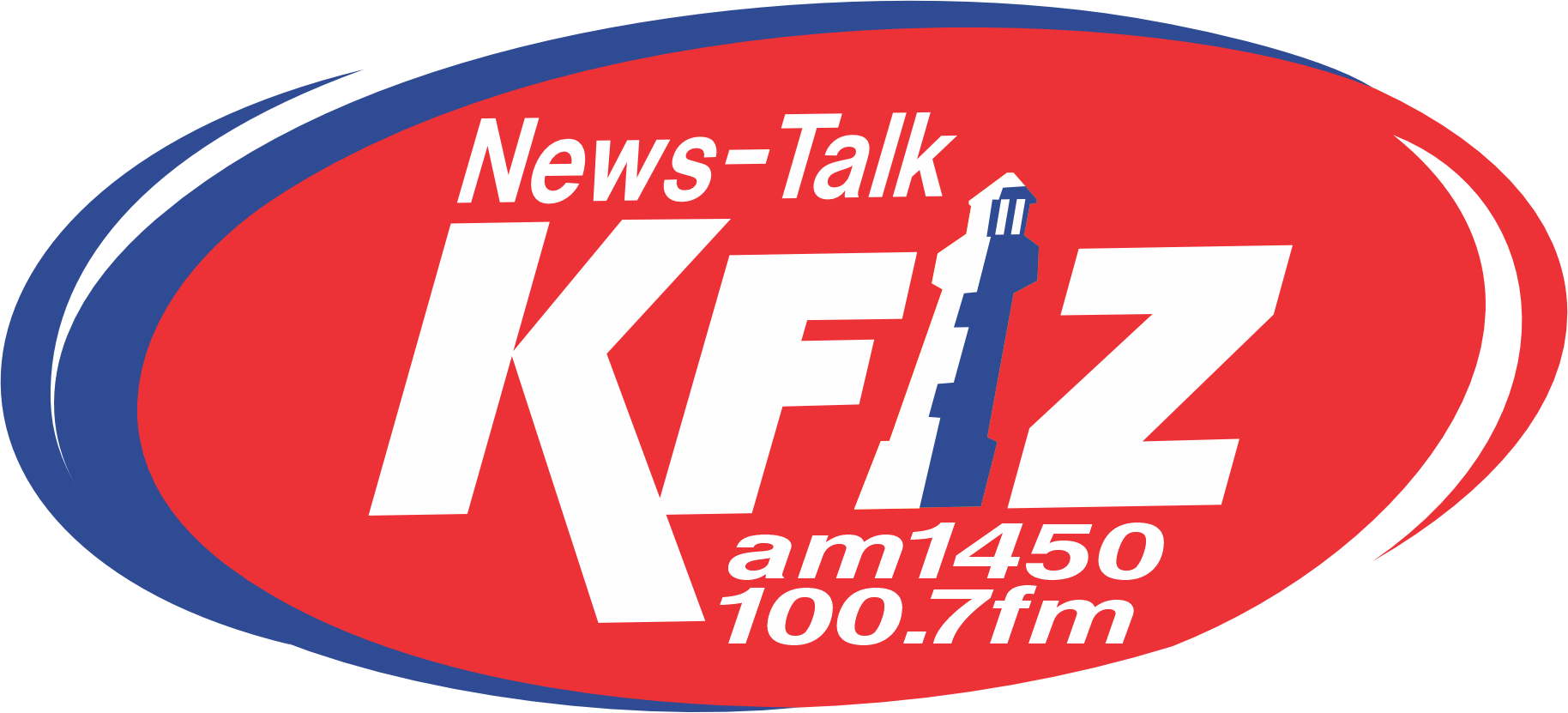Local News
UW-Oshkosh Installs Opioid Rescue Boxes

University of Wisconsin Oshkosh will be one of the first college campuses in Wisconsin to equip residence halls with naloxone, a medication that helps reverse the effects of an opioid overdose.
Through a partnership with UW-Madison’s Wisconsin Voices for Recovery and the Winnebago County Health Department, the UW Oshkosh effort involves installing naloxone rescue boxes in the lobbies of all 10 residence halls on the Oshkosh campus.
Although UW Oshkosh has had very few overdose incidences on its campuses, it is taking this step as a preventive measure, said UW Oshkosh Police Chief Kurt Leibold.
“We are putting the naloxone kits in place to help prevent overdose deaths. Just like with AEDs, we hope we never have to use them. We are working to be very proactive to have the tools we need to deal with these situations if they happen,” he said.
UWO police officers and student CSOs (community service officers) have been trained to administer naloxone. In the future, community advisers and residence hall leaders also may be trained, Leibold said.
The Wisconsin Department of Health Services reports the state had 1,226 opioid overdose deaths in 2020, up about 34% from 2019. Winnebago County had 37 confirmed overdose deaths in 2020, an increase of 85% from 2019.
According to the Winnebago County Overdose Fatality Review team’s annual report, the county is experiencing an overdose epidemic in the midst of the pandemic with many people relapsing after years of sobriety.
Cindy Burzinski, Wisconsin Voices for Recovery director and a researcher in UW-Madison’s family medicine and community health department, said her team is pleased to facilitate access to life-saving naloxone at UW Oshkosh. The Nalox-ZONE boxes, which will include information about treatment resources, will be monitored wirelessly by sensors that detect when they have been opened.
“The mission of our Nalox-ZONE program is to increase access to naloxone by installing as many boxes as possible across Wisconsin, supporting harm reduction efforts to save lives and prevent fatalities as a result of opioid overdoses,” Burzinski said.
Placed near AEDs (automated external defibrillators) and Stop the Bleed kits, the boxes at UWO will be stocked with naloxone in nasal spray form courtesy of Winnebago County Health, providing an additional tool to help keep the campus and surrounding community safe.
Naloxone—known widely by the brand name Narcan—is an FDA-approved medication that can rapidly reverse an opioid overdose from heroin, synthetic opioids like fentanyl and prescription pain relievers like oxycodone and morphine. In addition, naloxone does not cause harm if administered as a precaution to someone who turns out to not be overdosing.
Art Munin, interim vice chancellor of student affairs and dean of students, said he is proud UWO is a “higher education leader responsive to the community’s needs.”
“Having Narcan available in our residence halls means that we will have another resource to potentially save a life,” he said. “We have a duty of care for our campus community that we take very seriously, and this resource further demonstrates that commitment.”
Wisconsin Voices for Recovery’s Nalox-Zone Box Program began in 2020 and continues to expand. For more information about the program or to make a donation, contact NaloxZone@fammed.wisc.edu. The program acknowledges the Wisconsin Department of Health Services, Narcan Direct Program for providing naloxone that helps make the program a success.


